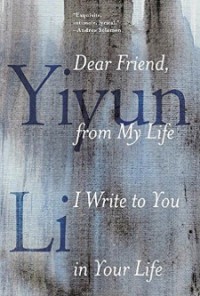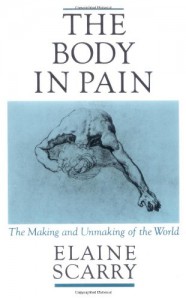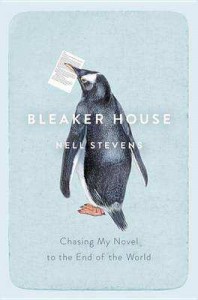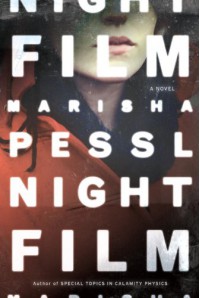Star Wars: The Last Jedi, by Jason Fry

Almost forgot to review this! Like the novelization of The Force Awakens, The Last Jedi was mostly worthwhile in terms of the additional context and peek inside characters' heads not offered in the film. However, I had even more questions about TLJ from the movie than I had for TFA. I also had not re-watched it yet. Moments I thought were not in the film were indeed in there when I eventually re-watched; I was so off in my head through TLJ, I missed a lot!
The most interesting new bits in the novel that I remember from my reading include details about General Hux's background and those of his fellow First Order officers. Apparently, Hux's father was also a military man but was crazy; Hux killed him (it's not revealed how)--it remains dangerous business being a father to a son in the Star Wars universe! Seriously, it's like being a Roman Caesar. In the film you can see Hux clash with other officers, but the novel clarifies that a few of them also served the Empire; they're used to doing things a certain way. Hux favors shows of strength rather than utilizing successful strategy.
Some additional scenes were filmed but not part of the final cut (available as deleted scenes in special features) and are described in the novel. These include a serious-turned-funny sequence where Luke tells Rey that newly arriving Caretaker species merchants are raiders who come regularly to steal and kill. Rey rushes down to them only to discover that they're having a party! Luke lied to make a point about how the Jedi would have taken a no-involvement stance. Something not filmed, though, is Luke inviting Rey to dance; it's sweet scene.
The biggest questions I had after seeing the film the first time involved Kylo Ren and Rey, of course. It somehow wasn't clear to me on a first viewing if Ren knew anything about Snoke forming the Force bond between him and Rey; he didn't. I also wondered if Snoke was telling the truth about that. In the book, before and during his monologue that ends with his death, we get a glimpse of Snoke's thoughts, and he did indeed bridge their minds (at least HE believes he did). There's also more about the fight from Rey's perspective especially; at the beginning she struggles a bit but essentially lets the Force guide her. It's pretty cool. She also senses Ben/Kylo as he fights and compares him to an animal finally freed from his cage.
Most revealing is why Rey leaves Ren alive once it's clear he's not going to turn and they struggle over Luke's light saber, which splits and knocks them unconscious. He wakes up, but Rey is already gone in the movie. In the book, there's a little scene where Rey awakens and contemplates what to do. She feels that the Force isn't done with Ren, and it's not her place to kill him.
There's also more about Rose and her sister, which helped me appreciate her more as a character. There's a bit more romantic tension between her and Finn, from her perspective at least, as she's annoyed each time he thinks only of Rey, not the larger cause.
And we get more about and from Leia, including her Force training and that moment where she and Ben sense each other as his ship is set to fire on hers. The thing that prevents him from killing her is that what he senses from her is worry--for him, not herself. My heart hurts; excuse me while I go cry over Carrie Fisher again.
 4
4
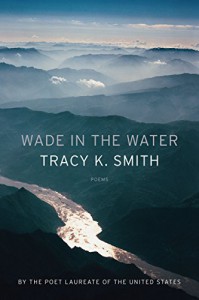

 2
2






